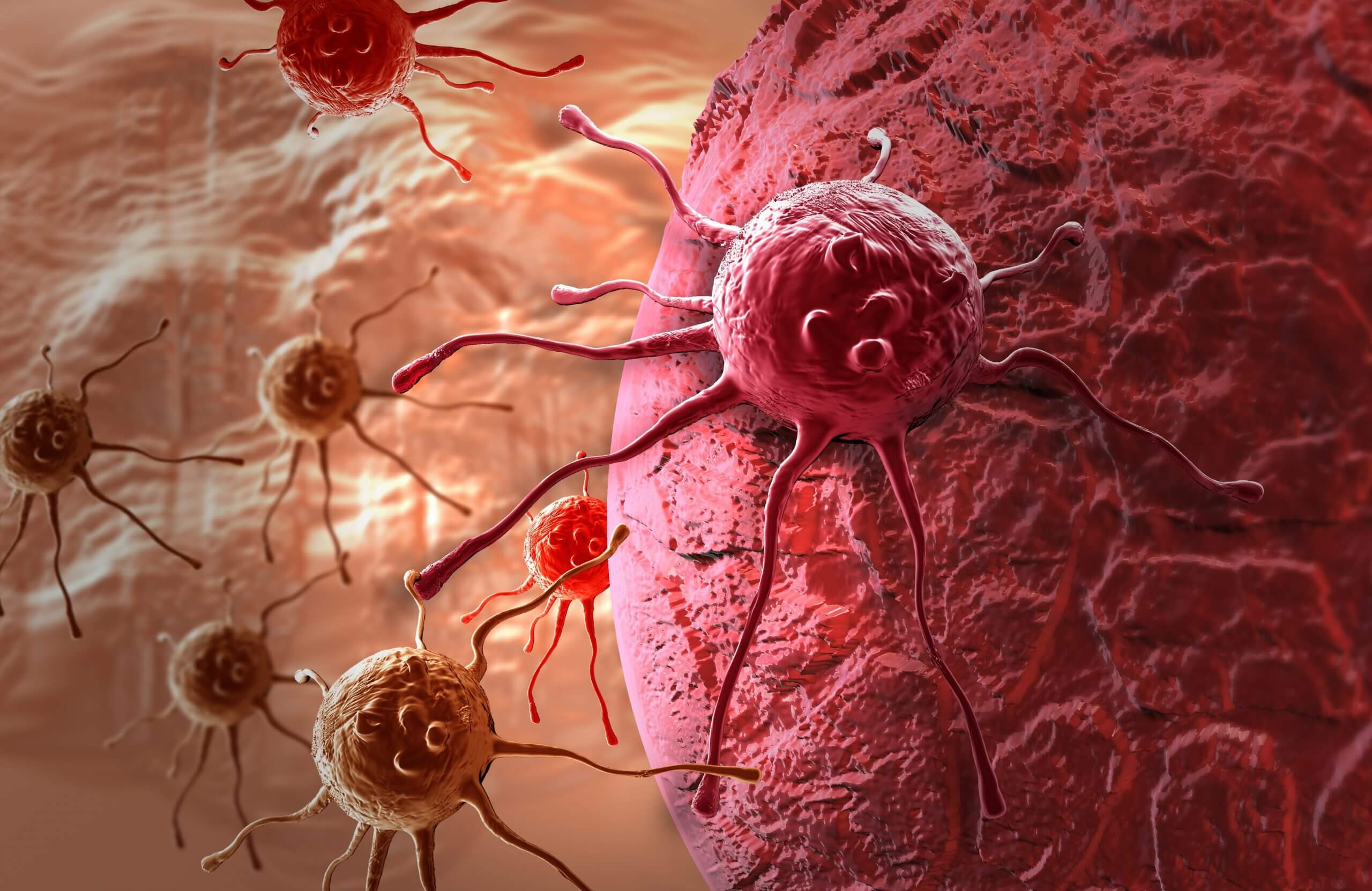Weekly in Asia | SEP
20190825-0901 Weekly in Asia
The Bio Taiwan Committee Brainstorms to Boost Taiwan’s Biotech Industry
The Bio Taiwan Committee (BTC) held a three-day conference in Taipei from September 3th to 5th to propose key issues and strategic directions for the current Taiwan biotechnology and pharmaceutical policy, so as to promote the growth of biomedical industry.
In addition to BTC members, special experts, research doctors, and representatives of enterprises in the field of biomedical sciences joined the conference.
The conference set the focus on “improving the industrial ecosystem and building international competitiveness” and has launched the introduction and discussion of the five major topics “Trends in the Future, Cross-Domain Innovation, Regulatory Policy, Facilitating Financial Connections, and International Links”.
On September 5th, in the closing ceremony, the BTC committee member Hong-Jen Chang delivered a summary report to wrap up thethree-day gathering. Chi-Mai Chen, Vice Premier of Executive Yuan was present at the scene to receive summary recommendations and promised that the ministries would be asked to submit a specific response within one month. In addition, Chen also stated that the government will speed up the review of international fundraising, loosen the private funds and IPO-related laws and regulations led by the National Development Fund, and gradually improve and facilitate the Taiwanese funding environment.
South Korean Government Invests to Further Support Innovative Growth
Relations between South Korea and Japan are at the lowest in years. In July 2019, Japan announced that the export of several controlled items to South Korea would be put through restrictions. A month later, South Korea decided to withdraw from a bilateral intelligence-sharing pact with Japan, further escalating the conflict. According to the South Korea’s Ministry of Economy and Finance, the country’s exports declined 11% in July and continues a downward trend.
Last month, president Moon Jae-in announced the government’s support for innovative growth by nurturing globally competitive start-up businesses.
The South Korean government announced on August 22nd that it will invest US$3.9bn on technologies such as big data platforms, artificial intelligence (AI) and 5G network services in 2020 to boost the country’s research and development (R&D), infrastructure and economic growth.

Proteona and AI Singapore Partner to Manage Tumor Heterogeneity
Single-cell analysis is a high-throughput of omics at the single cell level. It is used to gain a better understanding of cellular biology at the molecular level. In this field, technical variations derived from batch effect is one of the major cause that affect the quality of measurements.
Proteona Pte. Ltd., a biomedical company based in Singapore, has announced on August 30th its collaboration with a research team from the National University of Singapore (NUS) School of Computing, to take part in AI Singapore’s 100 Experiments (100E) program.
Under this collaboration, Proteona will apply its proprietary ESCAPE™ RNA-Seq technology, which analyzes both proteomic and transcriptional expression at single-cell resolution to carry out cell-type annotation. NUS will develop robust computational workflows for knowledge-driven analysis with an AI-trained system.
About Proteona
Proteona is a spin-off from the National University of Singapore (NUS) and the Agency for Science, Technology and Research’s (A*STAR). The Company pioneers the use of DNA barcoded antibodies to provide both proteomic and genomic information from the same single cells.
About AI Singapore
AI Singapore (AISG) is a national program launched by the National Research Foundation Singapore (NRF) to boost Singapore’s capabilities of future digital economy.
Japan Insurance Council Announces Coverage for Gene Therapy Drug to Severe Critical Limb Ischemia
Severe critical limb ischemia, also known as chronic limb threatening ischemia (CLTI), is a peripheral artery disease caused by decreased arterial blood flow in a lower limb due to arteriosclerosis. CLTI could lead to necrosis in a lower limb, and ultimately amputation. The disease is estimated to newly affect approximately 500,000 patients every year in the U.S. However, 20- 40% of them find conventional treatments ineffective.
The Central Social Insurance Medical Council of Japan approved on August 29th the first health insurance system coverage for a gene therapeutic drug, the Hepatocyte Growth Factor (HGF)-based drug Collategene®. HGF is a protein that promotes the growth of blood vessels. With the approval, the cost of the therapy will reduce by 70%, which eases the burden of patients. The coverage will be effective as of 2019 September 4th.
China Eases Rules on Small, Unapproved Drug Imports to Fight Chronic Diseases
China’s aging population problem is deteriorating, the patients number of chronic diseases such as cancer and diabetes is soaring. Meanwhile, the lack of access to effective drugs to treat those kinds of diseases has frustrated the public. Chinese patients and their families risked the threat of heavy criminal penalties finding affordable drugs for years. In the most desperate of cases, patients had to make their own cancer drugs at home using raw pharmaceutical ingredients that they have found online.
China announced on August 26th that it would reduce the penalties for the sale and import of unapproved drugs, giving patients the green light to get cheaper generic pharmaceuticals from other countries. The changes to the current law will take effect on December 1st, but how penalties would be reduced was not disclosed.
References
https://geneonline.news/index.php/2019/09/05/2019-btc/
http://english.etnews.com/20190822200003
https://proteona.com/Tumor-heterogeneity-Proteona-AI-Singapore-Partner-to-improve-cell-therapies-and-IO.html
https://www.japantimes.co.jp/news/2019/08/29/national/science-health/insurance-council-gives-green-light-patients-covered-gene-therapy-drug-combat-clogged-arteries/#.XWy9NZMzZ8c
https://www.reuters.com/article/us-china-healthcare/china-loosens-curbs-on-small-unapproved-drug-imports-idUSKCN1VG11S
©www.geneonline.com All rights reserved. Collaborate with us: service@geneonlineasia.com









